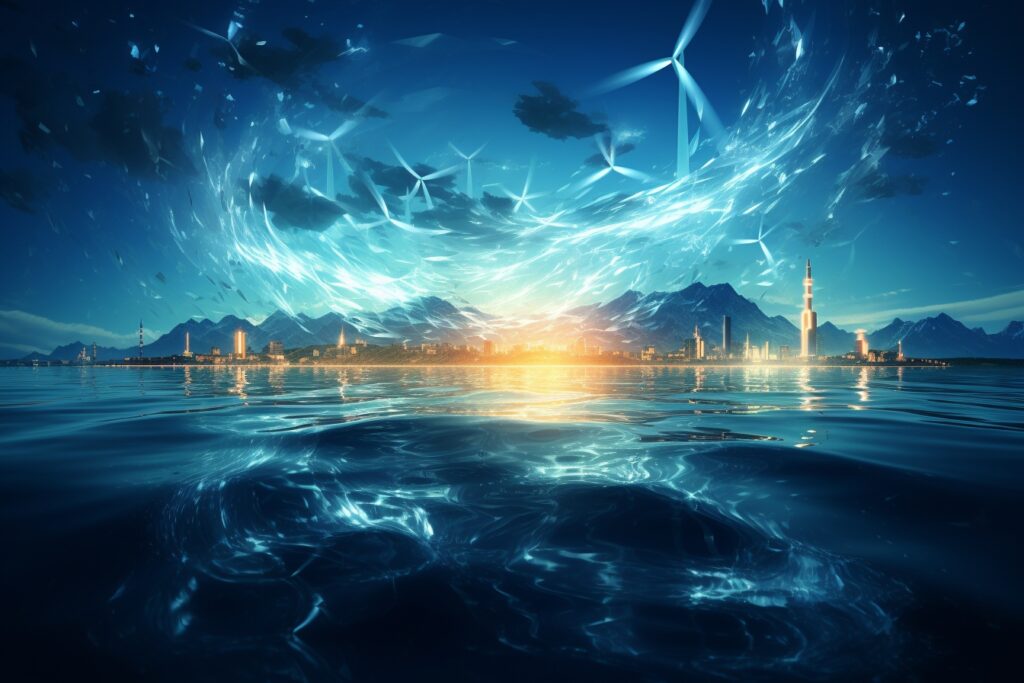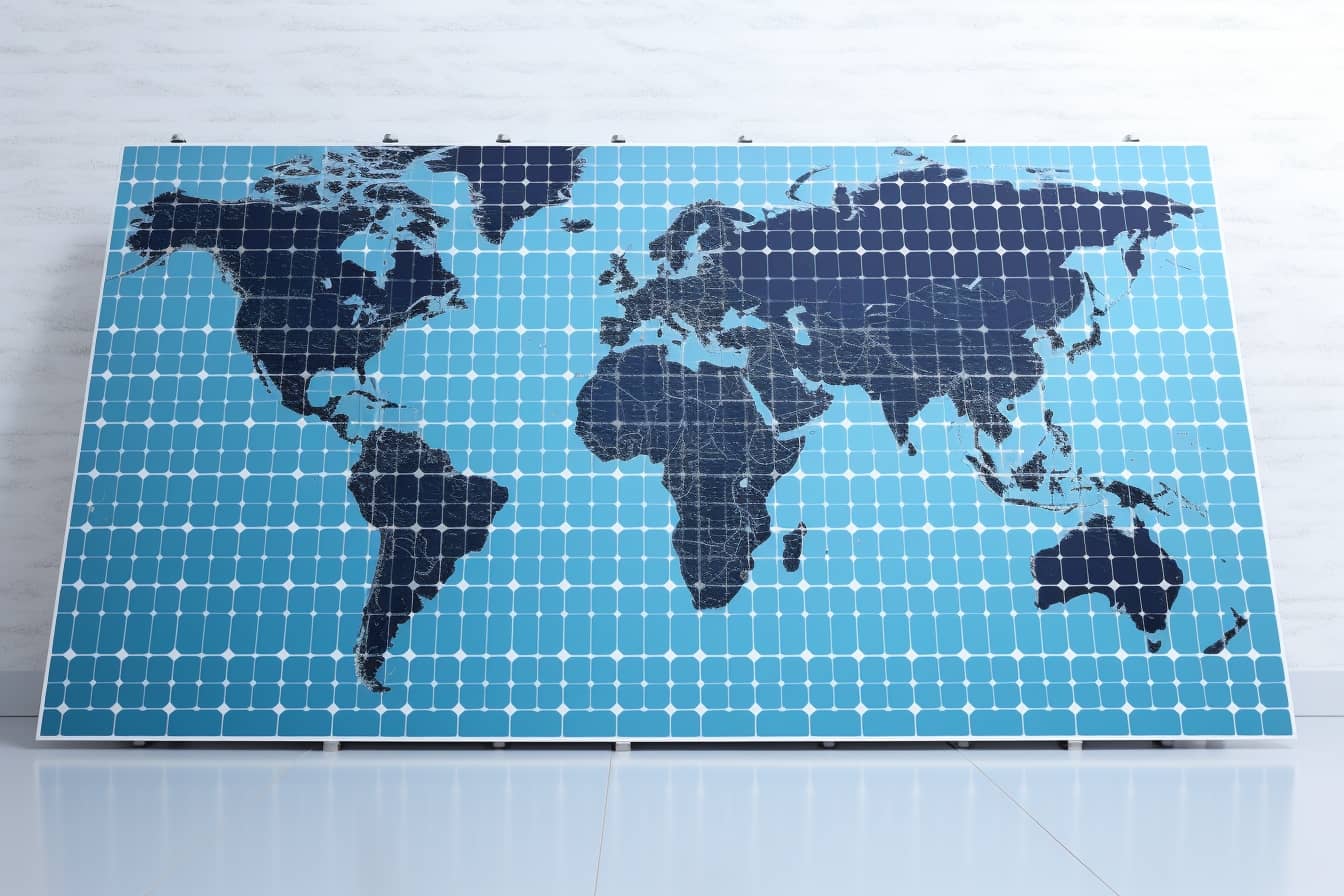What if you woke up tomorrow and discovered that the energy problem had been solved? No more oil, no more coal plants, just unlimited, clean and practically free energy. Sounds like a fairy tale, right? But as in any self-respecting fairy tale, this one too could have a dark side.
From utopian scenarios to potential dystopias, even a world where energy is within everyone's reach brings new challenges to face1.
Unlimited energy: paradise or dystopia lurking?
Clean, unlimited energy has always been the Holy Grail of science and technology. But what happens when a goal is no longer a mirage, and becomes a tangible reality? Some see a future of prosperity and sustainability, others fear that the abundance of resources could unleash unexpected social and environmental dynamics.
Let's try to briefly explore, with some studies in hand (so, if you want, you can delve deeper) the potential consequences of a world in which energy is no longer a scarce good, but a universal "commodity".
The utopia of energy
Imagine a world where electric cars glide silently along roads, powered by batteries which recharge in a few minutes. The houses are heated and cooled by systems geothermal energy, while huge wind and solar farms provide unlimited energy to make entire cities function.
In this scenario, the demand for oil it collapsed, carbon emissions are a thing of the past and global warming (with associated climate imbalances) has been stopped, indeed reversed. Shall we rejoice? No. Like every medal, this one also has a flip side.
The abundance of energy could lead to an exponential increase in consumption, no longer of energy but of natural resources. We could find ourselves in a situation in which, despite having solved the energy problem, we are faced with new environmental crises caused by hyperconsumption2, especially in areas that would be affected by a greater rate of population growth3.

The paradox of growth
One of the most interesting paradoxes is that of growth. With unlimited, cheap energy, the economy could grow at rates never seen before. Always question: would this be sustainable growth? How would wealth be redistributed? We may find ourselves in a situation where energy abundance amplifies social inequalities rather than reducing them.
And then there are the social implications. Unlimited access to energy could lead to unexpected demographic scenarios. We might witness a population boom, with all the challenges this brings in terms of food, water and shelter. Or we could end up in some sort of “The Beautiful Ones” scenario, where an abundance of resources leads to a decline in motivation and human ingenuity.
So should we stop pursuing the goal of having unlimited energy?
Absolutely not, the goal of clean and unlimited energy remains fundamental to address urgent challenges such as climate change and energy security. However, it is crucial to consider the long-term implications of such a scenario. Clean and abundant energy could lead to numerous benefits, but also to new challenges that require careful planning and even more careful management.
The key is to find a balance and consider how energy abundance can be managed sustainably, without leading to excessive consumption of other resources or social inequalities. In other words, clean and abundant energy should be part of a broader strategy that includes environmental sustainability, social equity and responsible economic growth.
And you, what do you think? Do you find only silver linings in a future of unlimited energy, or do you fear the potential consequences? As always, the discussion is open.
1: “Renewable and sustainable clean energy development and impact on social, economic, and environmental health” - Research links
2: “Degrowth: a theory of radical abundance” - Research links
3: “A double paradox of plenty: renewable energy deployment in Central Asia” - Research links


